Highlights of Women Go Players
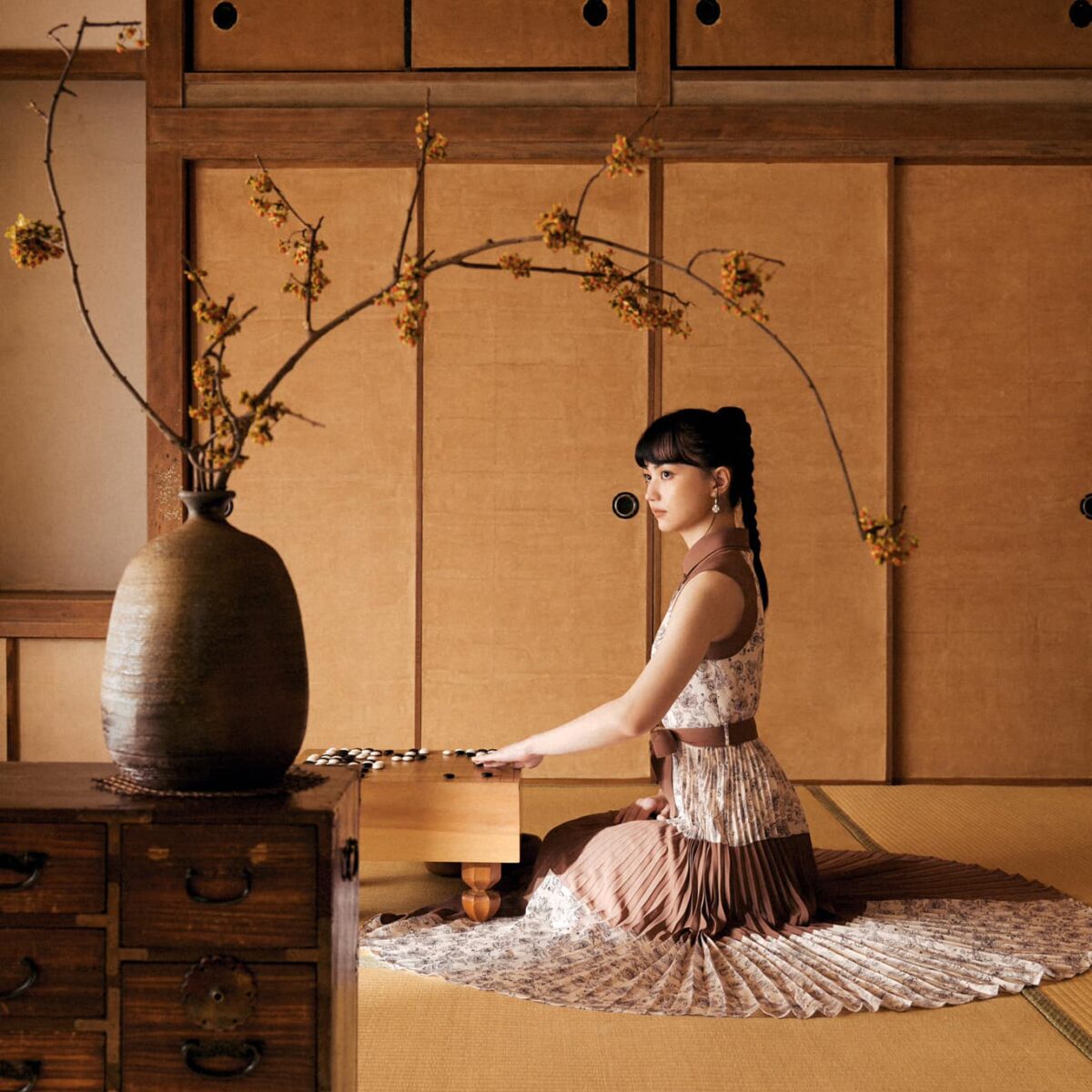

In the summer of 2019, my Taiwanese aunts introduced my then-14-year-old self to Go. I lost game after game in the sticky hot weather (the result of only knowing how to make one, but not two, eyes), but my enthusiasm for Go grew. A few weeks later, I had to return to Ann Arbor, Michigan, which was no Go hub. In the first year, I taught myself Go by playing games on OGS and memorizing game records, improving from beginner level to around 7-Kyu. Then, I became a student at the New York Institute of Go, where my teachers opened my doors to becoming involved in the broader Go community.
By 2024, I became the American Collegiate Go Association’s Co-founder and Organizing Director, the American Go Honor Society’s President and Evanston Go Club’s Outreach Director, among other roles. I continue to collaborate with many players and organizations to organize several of the largest Go events in the country, including the upcoming 2024 Chicago Open on May 25-26. In recognition of my contributions to promoting the game, I received the 2023 American Go Foundation College Scholarship in my senior year of high school. I envision seeing all Go players and organizations collaborating over our shared vision to elevate the game to new heights.
I recognize that I am among the few women competitors, reporters, and organizers in the Go community. In Go photos, I am the young girl in the navy striped cardigan among the men. As the 2023 U.S. Go Congress’s Prize Coordinator — one of the few women on the leadership team — I was overjoyed to see two young women ask for volunteering opportunities after the awards ceremony. Go has always meant to be a universal game that anyone can enjoy, regardless of age, gender, and background. I hope to shine a light on the invaluable contributions of women and girls to the Go community.
Choi Jeong 9P
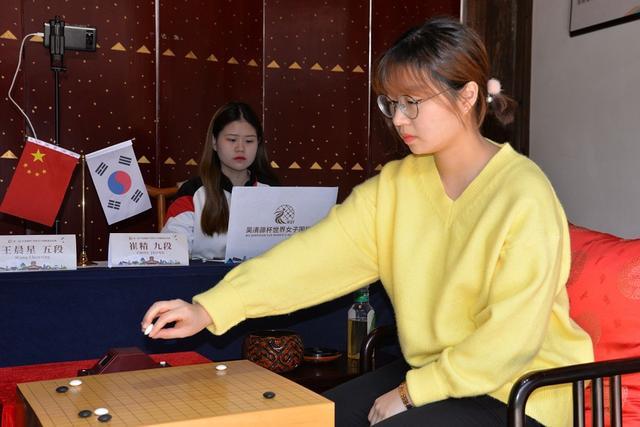
Curiosity made Choi Jeong 9P the top Go player she is today.
Choi became a professional Go player in 2010 at age 14. Since then, she has won six international women’s titles. In 2019, she became the first woman to reach the top 20 in the Korean Baduk Association’s official rankings.
Choi Jeong first learned the game from her father at age 7, considered a late age among professional Go players. Three years later, she furthered her Go studies at the prestigious Yoo Chang Hyeok Baduk School.
In a video interview with Young Sun Yoon 8P, Choi shared how Yoo Chang Hyeok 9P, known for his no-nonsense teaching style, liked how she “didn’t get discouraged and asked all the strange things.” Choi shared that she has dreamed of winning a world championship for over ten years, growing up watching “Ironheart” Rui Naiwei 9P — the first-ever woman to achieve a 9 Dan Professional rank in 1988 — succeed in competitive tournaments.
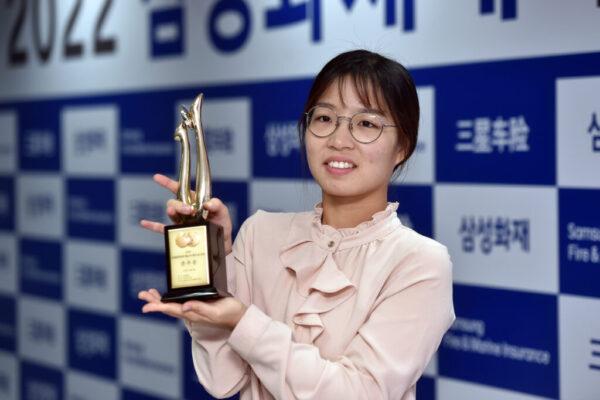
After making the 2022 Samsung Cup quarter-finals, Choi Jeong told Chosun News in Korean, “It really feels like a dream. Whoever my opponent in the finals is, he is stronger than me. The burden will be that much greater. I plan to approach the finals with the mindset that I will fight against them without regrets.”
Choi Jeong lost to Shin Jinseo in the 2022 Samsung Cup finals. But Choi Jeong ended her run as the first woman to reach the finals of a major world championship.
Her drive remains an inspiration for women and girls in Go.
Joanne Missingham 7P
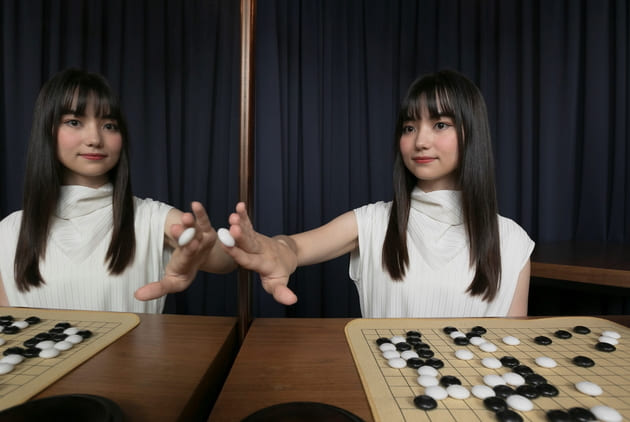
Gymnastics. Japanese. Pipa. Skydiving. Swimming.
Taiwanese-Australian Go player Joanne Missingham (Hei Jia Jia) 7P has done it all.
Missingham is the highest-ranked woman Go player in the Taiwanese Go Association’s history. Unsurprisingly, she also enjoys a thriving career in the entertainment industry. In 2016, she signed a record deal with the Taiwanese record company Seed Music (種子音樂). Determined to bridge her skills, she highlights Go in her modeling work and recently launched an app called “Hei Jia Jia Classroom” to promote the game.
Missingham is also an advocate for women and girls in Go.
She and other Go players attracted the media’s attention for boycotting the 2011 Qiandeng Cup to protest gender discrimination. Initially, the Qiandeng Cup stated that neither male nor female Go players would receive compensation. Missingham told Sina Sports that the Taiwan Go Association later agreed to compensate the male division of the Qiandeng Cup but denied the request of several Go players from the female division to negotiate compensation. Thankfully, the situation appeared resolved the following year.
Missingham is no stranger to the sacrifices required to excel at the game. She moved from Taiwan to the United States at age 11. She woke up at 4 a.m. to practice Go with strong players abroad.
Three years later, she gave up school to pursue the path of a professional Go player.
Her Go mentors instilled in Missingham a deep appreciation for the philosophical aspect of Go. Missingham told Harper’s Bazaar in Chinese, “In this era of technology, it is difficult for people to calm down and do one thing. When we enter the world of Go, we can focus here to calm down and cultivate our character.”
In her 2012 TEDx Talk, Missingham emphasized how studying the game taught her to endure loneliness, resist temptations, and find happiness.
Svetlana Shikshina 3P
Svetlana Shikshina interview translated by Vadim Efimenko
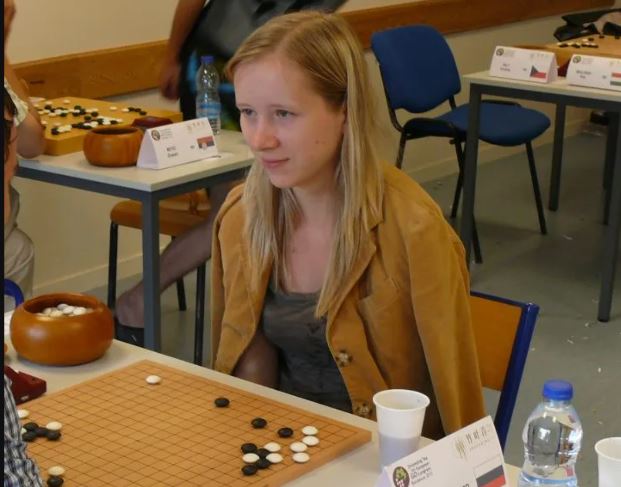
Kazan was once Russia’s Go capital.
Svetlana Skikshina grew up in a Go family in Kazan. She shares her passion for Go with her brother, Ilja Shikshin 4P, and her late father and renowned Russian Go trainer, Valery Shikshin. In 1975, her father discovered Go through an article in the science magazine Nauka i Zhizn, which inspired him to start playing the game with his friend.
Svetlana was born five years later. She always liked logic games and asking her dad about Go.
“His friends would come over to play Go. They would discuss their games, bicker and write things down,” Svetlana said.
Yet her dad did not teach her the game.
“My dad never planned to teach me Go because not many girls played Go,” Svetlana said.
Instead, she started attending a chess club at age 7. She and her friend were the only girls.
“I was only stronger than my friend and was losing to all the boys, but I wanted to improve and try to beat them,” Svetlana said.
Everything changed when she turned 10.
“(My dad) finally gave in and started teaching my sister and me. She lost interest in the game quite quickly after she started losing to me. I kept on playing,” Svetlana said.
She said players should stay calm to thrive in Go.
“Many people find it hard to deal with the stress of losing games. Those kinds of people quit playing very quickly,” Svetlana said. “In every game, a player is trying to create harmony. If you did the best you could, the result doesn’t matter much.”
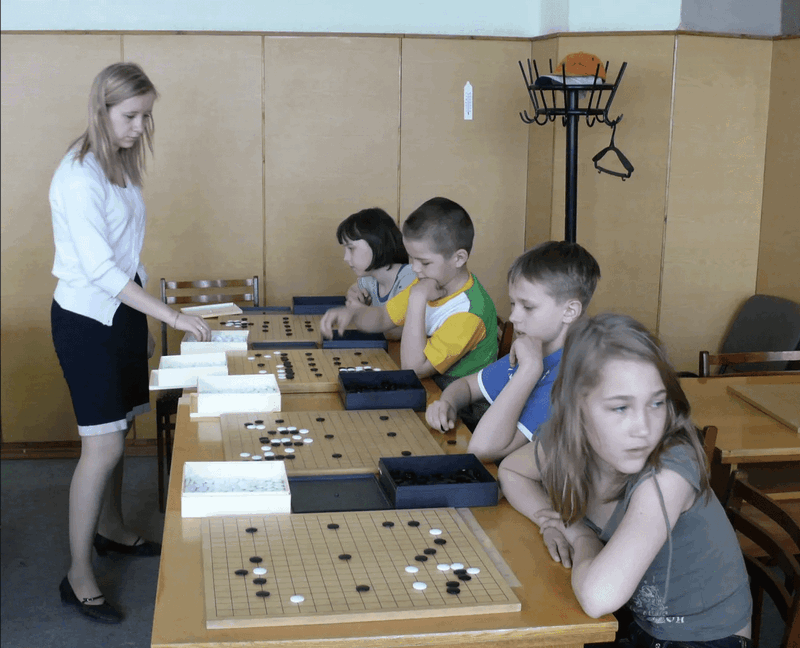
She said studying the game is transferable to real life.
“During the game, one has to anticipate the next steps. It improves logic and math skills. These skills can help avoid mistakes in life too,” Svetlana said.
In 1997, she moved to South Korea to study Go professionally. She became a professional Go player in 2002.
“In the end, Go is not only competition or even playing a beautiful game, but it teaches you the art of living. It teaches you not to be too greedy or too generous and other lessons that can be applied in life,” Svetlana said.
She has lived in Canada for ten years as a virtual Go teacher.
Sumire Nakamura 3P
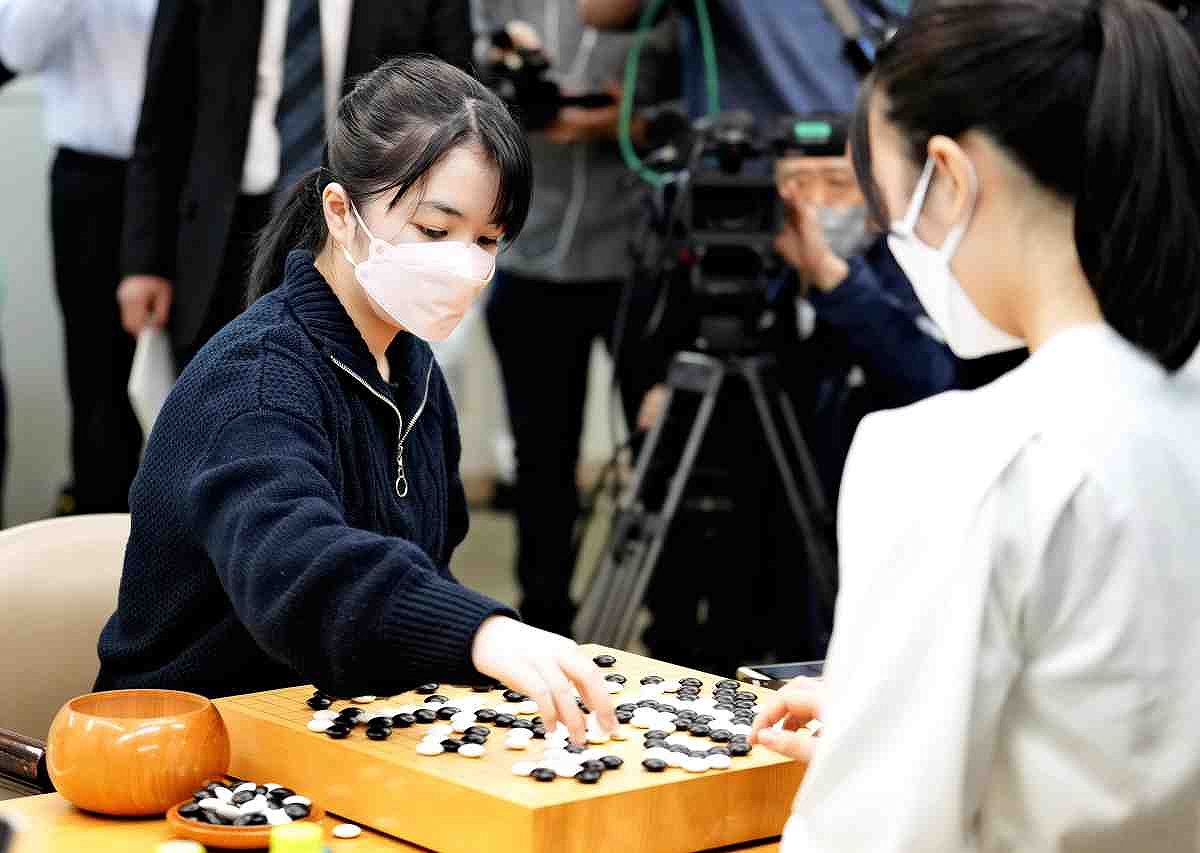
14-year-old Sumire Nakamura is on her way to earning her seat among the world’s top Go players.
She first learned Go at the age of three. In elementary school, she studied Go as a professional candidate in South Korea.
She became professional at age 10, breaking records as the youngest Japanese professional.
In March 2021, she became the youngest 2-Dan in history. The following year, she became the youngest professional to reach the qualifiers for a major title, the female Meijin Cup.
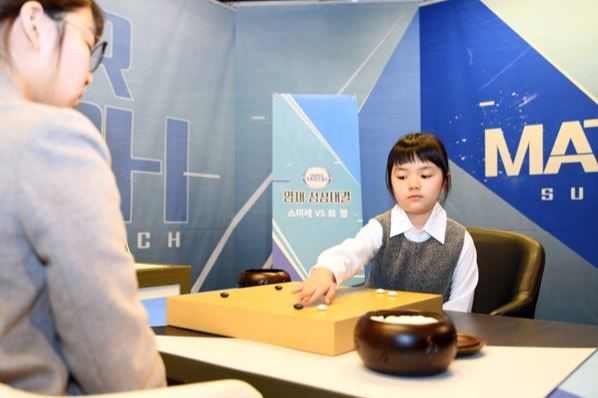
She plans on transferring to the Korean Baduk Association, a decision she made in June.
“There are many strong Go players, and many games are played in South Korea. I think I can be a stronger player there since I would always have a sense of tension,” Nakamura told The Japan Times. “I want to be good enough to compete in the South Korean Go league [in the future].”
She said she hopes to return to Japan one day to promote the game in her home country. She looks forward to continuing her professional career in South Korea.
“I am grateful to the teachers who helped me, and the time I spent with my fellow professionals around my age is an irreplaceable treasure,” Nakamura told The Asahi Shimbun.
Young Sun Yoon 8P
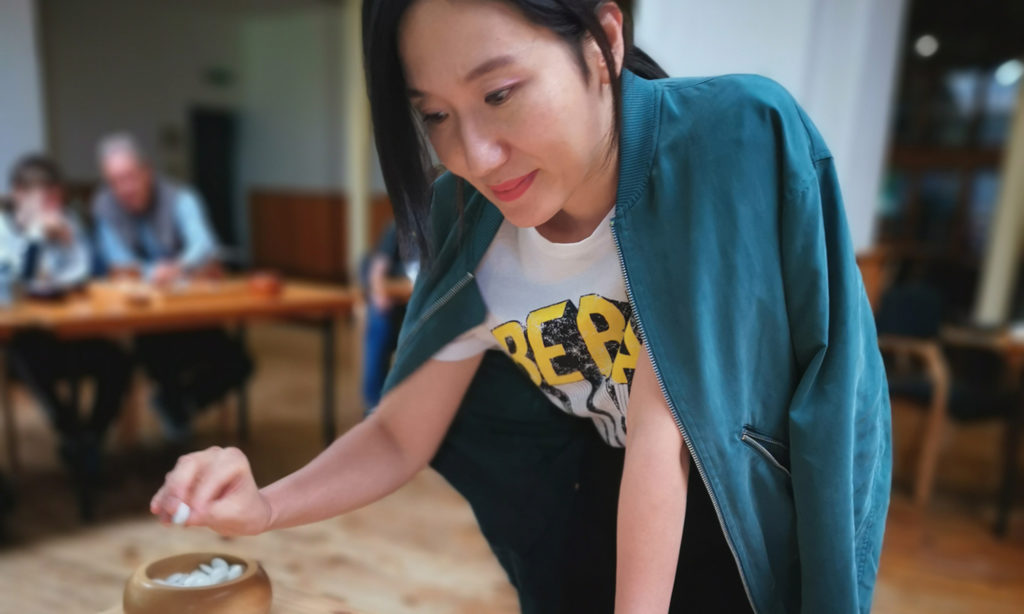
Young Sun Yoon, now a full-time Go teacher living in Germany, remembers the first time her father encouraged her 10-year-old self to learn Go.
“When I was young, I was like a tomboy, fighting with boys and being very active,” Yoon said. “My father said that if I played Baduk, I would be able to concentrate better and become calmer.”
She became a student of Kwon Gap-Yong 8P, a renowned teacher in Korea who had trained exceptional students like Lee Sedol and Park Jeong-Hwan.
Yet she never lost her competitive spirit.
“I didn’t have any special talent for Baduk, but my competitive spirit was stronger than anyone else’s. (My teacher) saw my competitive spirit as a talent enough to become pro and encouraged my teacher to let me go pro.”
She devoted herself to becoming a professional from age 12 and eventually became a professional three years later.
Looking back, she embraces the small success that helped her reach her dream.
“In my case, my dislike of losing made me stronger. Because I didn’t want to lose, I studied steadily with this goal until I won. Find a rival and study without giving up until you beat that person!” Yoon said. “When you achieve these small successes, you gain courage and achieve other successes.”
She won five Korean female titles and one women’s world championship, the HoJak Cup.
But in 2006, she made the switch from competitor to teacher.
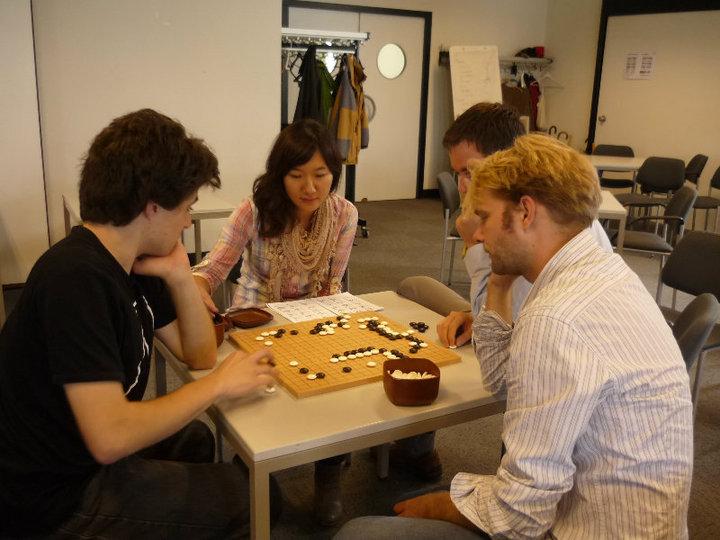
“I wanted to step down when I was at the top,” Yoon said. “Before I was 27, I won every final I reached, but after I turned 28, I was runner-up in every final. At that time, I decided to live not as a competitive player but as a Baduk teacher who spreads Baduk overseas.”
She moved to Germany to spread Baduk abroad. She launched a YouTube channel called Yoon’s Baduk Cafe. She hopes to open an in-person Baduk cafe to offer more spaces in the West “to see people discover and enjoy the great game in a comfortable space.” In 2020, she opened Awesome Baduk with Yeon Woo Cho 2P.
“Many people ask me if I miss competing,” Yoon said. “Honestly, I don’t miss it at all. For 20 years, I have lived a very competitive life. I always lived under the stress of having to win, and I’m grateful that I don’t have to do that anymore.”
She said Baduk is the “microcosm of life.”
“In Baduk, like life, there are many stories, and we create those stories. What the two have in common is they do not collapse once they fail, but there is always a chance to rise again. In other words, if you don’t give up and take a different approach, you can turn things around. By playing Baduk, you can think about life from a new perspective,” Yoon said.
Yoon said she hopes to increase opportunities for Baduk professionals and amateurs to teach Baduk to the world.
Conclusion
This article only touches on the recent contributions of women to the Go community. The contemporary Go community would not have been possible without the giants that laid the foundation, from Kita Fumiko 8D to Rui Naiwei 9P, who remains an active competitor and teacher.
As a senior in high school heading off to college, I look forward to withdrawing from my organizing commitments and improving my Go skills. I am grateful to Ryan Li, Stephanie Yin, Yang Jinhua, Albert Yen, Cheuk To Tsui and the many mentors who have supported me in my Go journey. I remain confident that the Go community will expand to serve as many individuals as possible, with more women and girls stepping into the spotlight.
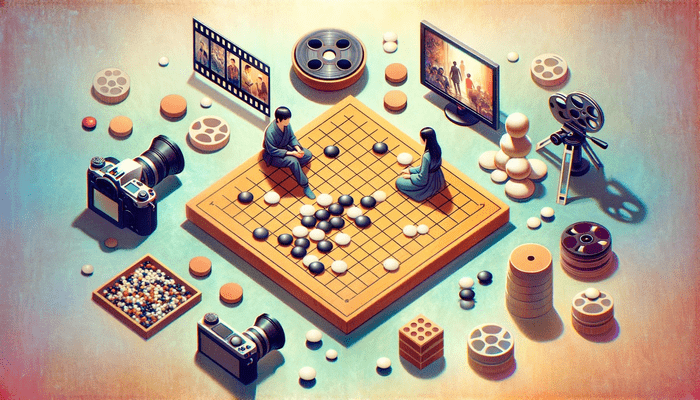
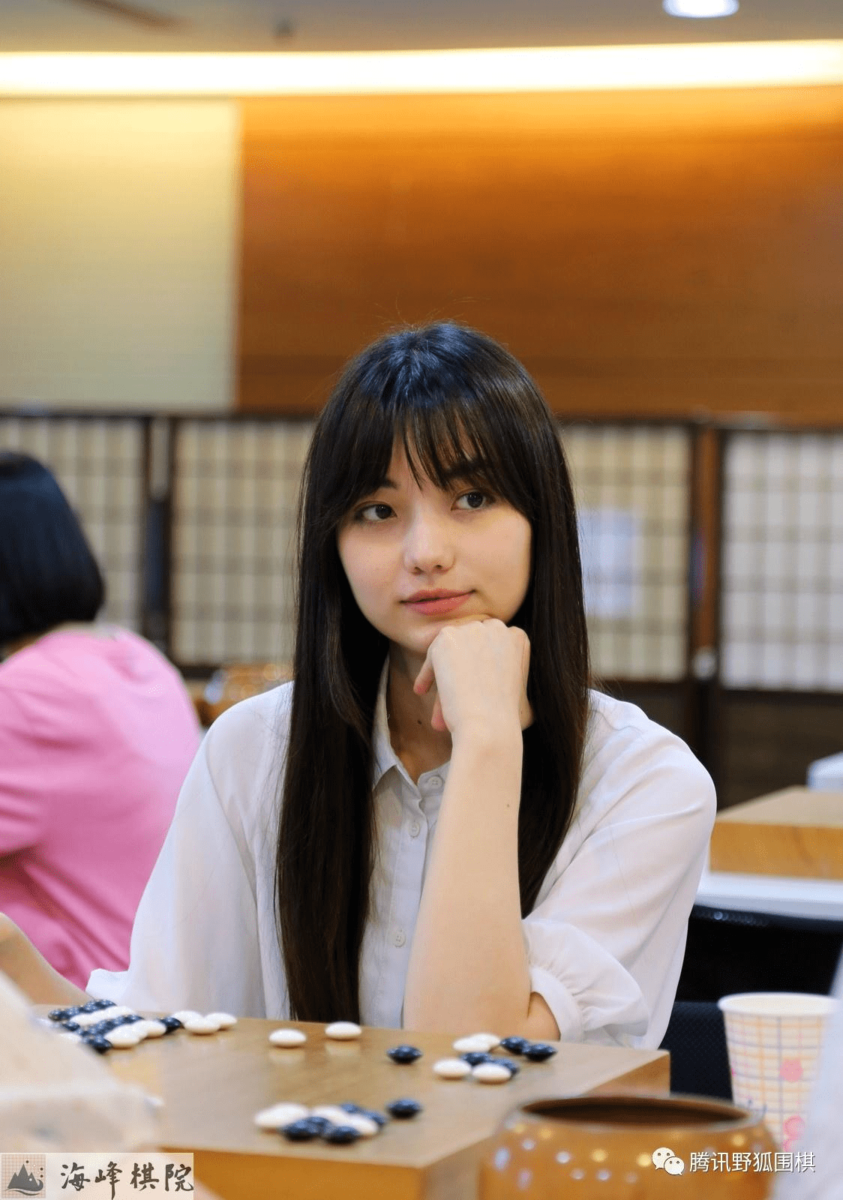
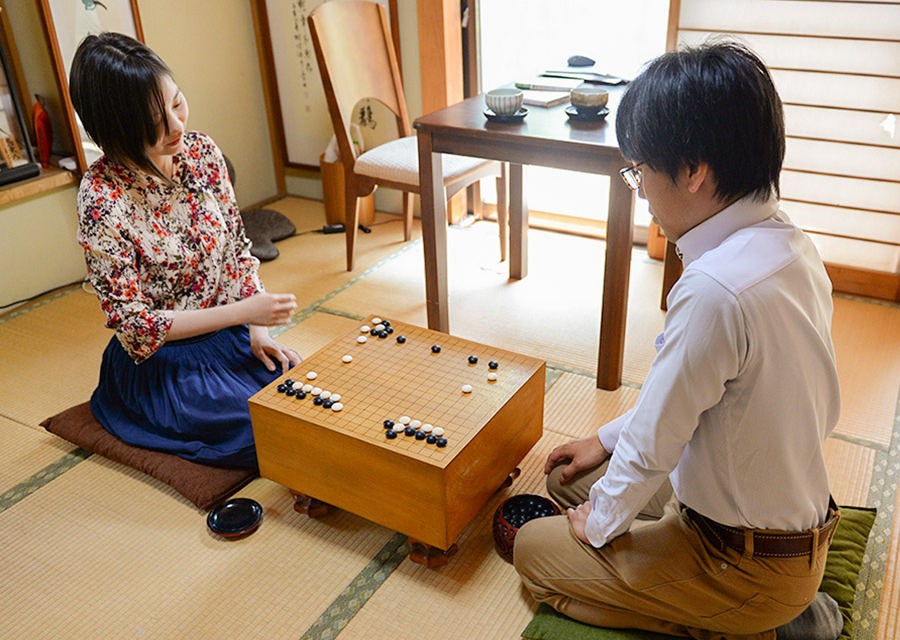
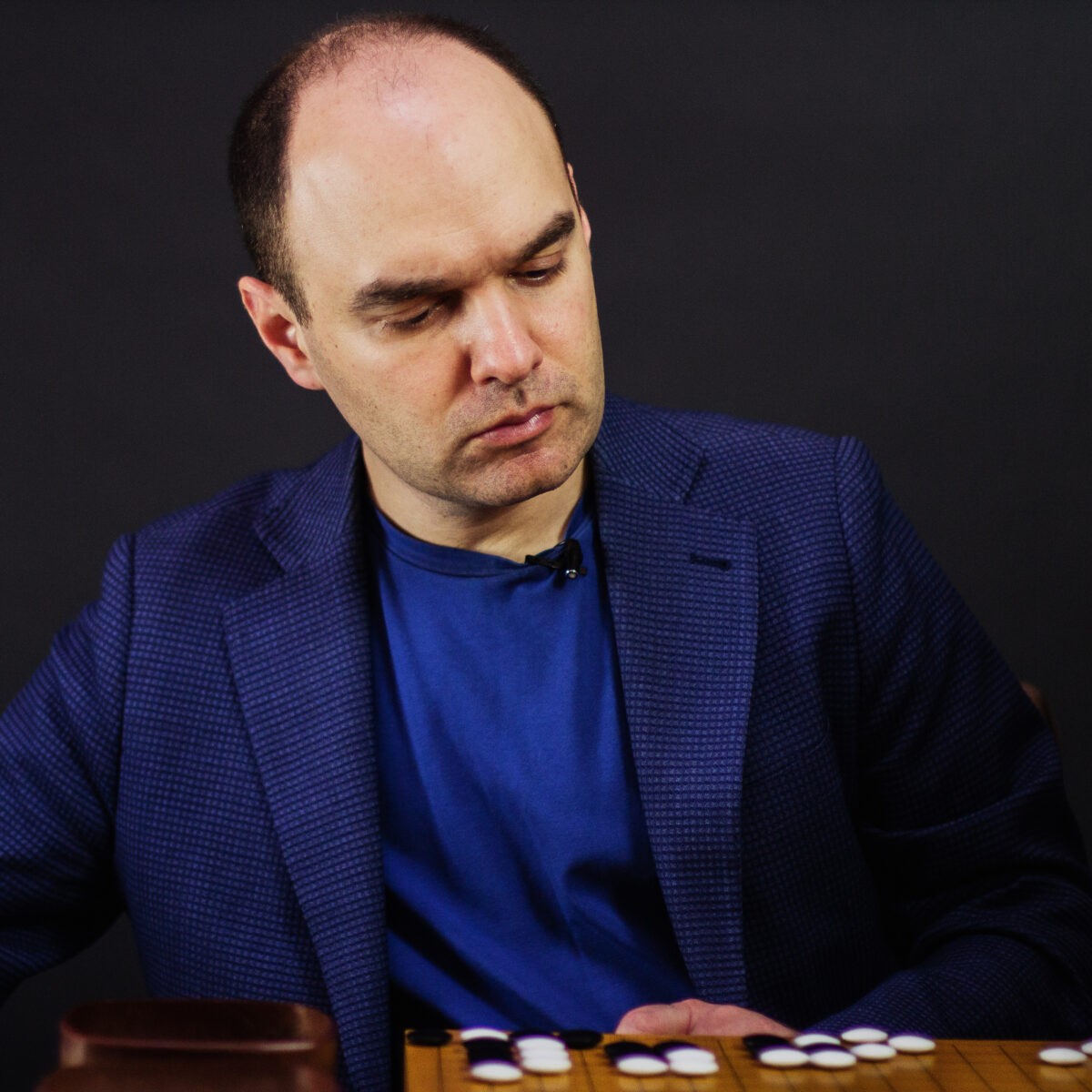
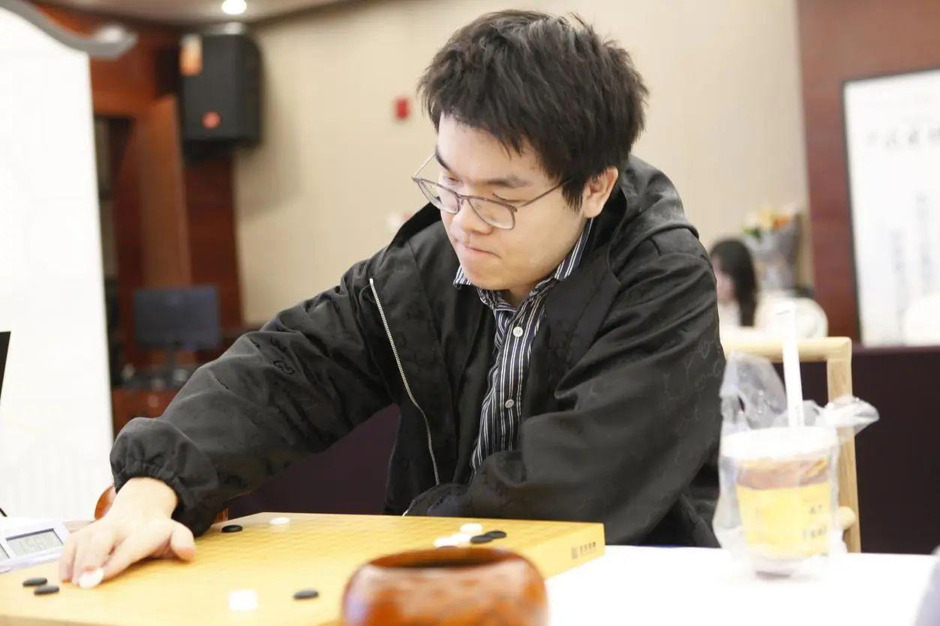
Thanks for sharing. Absolutely inspirational for my daughters.
Happy to hear, Quang! Great to see more people, especially women, interested in Go